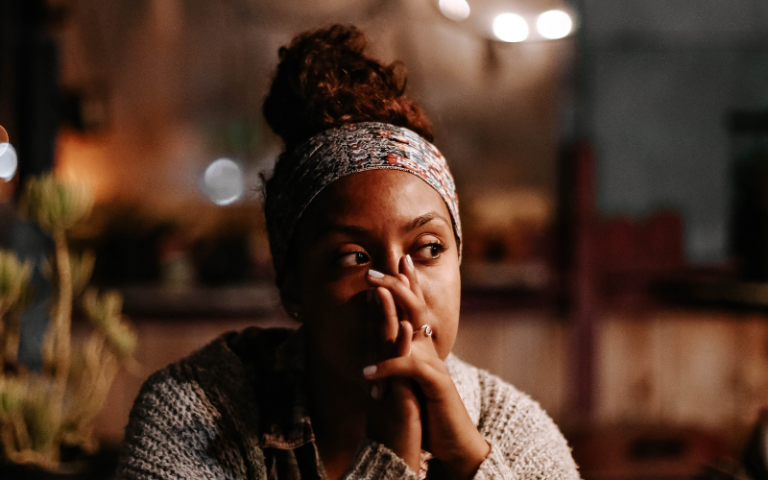Neurodiversities: a personal and professional view
3 October 2022
Dyslexia affects millions in the UK. UCL Specific Learning Differences Coordinator Lucy Smith writes about their experience with the condition and how to request support at UCL.

A Personal View
I love books! When I enter a bookshop, library or someone’s home which has good numbers of books and breathe a contented sigh. I started reading early – I was interested in the symbols on the paper that made the stories my parents read to me. Does it now surprise you to find out that I am a diagnosed dyslexic? Our expectations are not always matched by reality. I am neurodivergent (ND) and have a variety of neurodiversities (NDs).
Some of us come into this world already appearing to be better equipped to join in and take part in a society that is mostly run by and for “neurotypicals” – those people who are not ND and who Luke Beardon refers to as the predominant neurotype (PNT), which perhaps sounds a bit kinder. The PNTs who are seen as running society, in the UK and other “Western” countries, are often white, cis-gendered, straight and male. This is a vast over-simplification, obviously! I acknowledge my privilege in belonging to some of these groups–I’m white, cis-gendered and straight.
Neurodiverse and neurodivergent are words that refer to people who are not PNTs. People who are autistic, dyspraxic, dyslexic and those who have AD(H)D (attention deficit hyperactivity disorder) and Tourette’s typically can identify as one or both of these. To disambiguate the terms, this is a helpful article. These are terms that were developed by NDs themselves, rather than being given to them by PNTs. A heart-felt cry from disability rights movements is “nothing about us, without us”. Rather than being told by PNTs “these are the words to describe you” NDs have chosen vocabulary that fits their own experiences.
I have a great group of ND and disabled friends. We are normally found online, but if someone was to observe us as an outsider, they might not be able to see all of our disabilities. Some of us have physical disabilities alongside their NDs and some don’t. Some aren’t disabled or ND, but disabled allies. I am often reminded that being disabled isn’t a competition. We are a diverse group of gender fluid and non-binary people as well as cis-gendered. Some are straight, others are queer, gay, lesbian and pan-sexual. It is curious how often groups of ND people include diverse genders and sexualities. Dr Nick Walker helped to pioneer the term neuroqueer in her work around neurodiversity, gender identity and other endeavours including authoring a graphic novel, Weird Luck.
A Professional View
As a member of staff whose job is to support ND students, I feel it is important to be transparent in my own ND identity and to acknowledge how my various NDs affect me both positively and negatively. I, like many autistic people, have high levels of empathy, especially with other autistic people and those with specific learning differences like dyslexia. Like many students, I’ve been through the full education system with no additional support, and it was only after a failed PGCE (Post-Graduate Certificate in Education) did I find out about my dyspraxia first, then dyslexia and recently autism and ADHD. With this knowledge about myself, I could request appropriate support and remind (if it’s needed) my employers about the need to make reasonable adjustments under the Equality Act (2010).
It’s rare to talk openly about failing something and being disabled. But doing so creates a culture of openness and it being “okay” to fail – learning to fail is difficult but also part of life. I would never have discovered my vocation if I hadn’t failed that PGCE. I now do something I love. I can bring these experiences into my work with students. Being open about my disabilities shows others that it’s completely possible to succeed despite, and sometimes because, of them. I can model ways around the problems that living as an ND in a PNT society brings and also bring understanding about how spoons can so quickly run out in this society.
Here at UCL I’m a member of the Neurodivergent Staff Network and I’m pleased to see other members come from all across the university. It’s worth joining if you’re a staff member and are, or probably are, ND yourself. So far in my short membership I’ve seen supportive comments and some democratic action too.
If you’re a student, and think you might be ND too, Student Support and Wellbeing can help you on this road to discovery. Request a Specific Learning Differences screening via askUCL. You’ll be sent a form and some instructions. Please read the instructions and complete the form. After you have sent it back to us, one of the advisors will then contact you with the next steps. If you know you are ND but have yet to introduce yourself to us, now could be a good time to do this! We can put in place some reasonable adjustments to support you in your studies and can advise about funding for specialist and tailored help. There’s a ND student community at UCL with the ND Peer Group, Disabled Students’ Network and the Autism Society. I’d encourage you to reach out to see what adjustments can be offered and what networks we can link you up with!
 Close
Close

